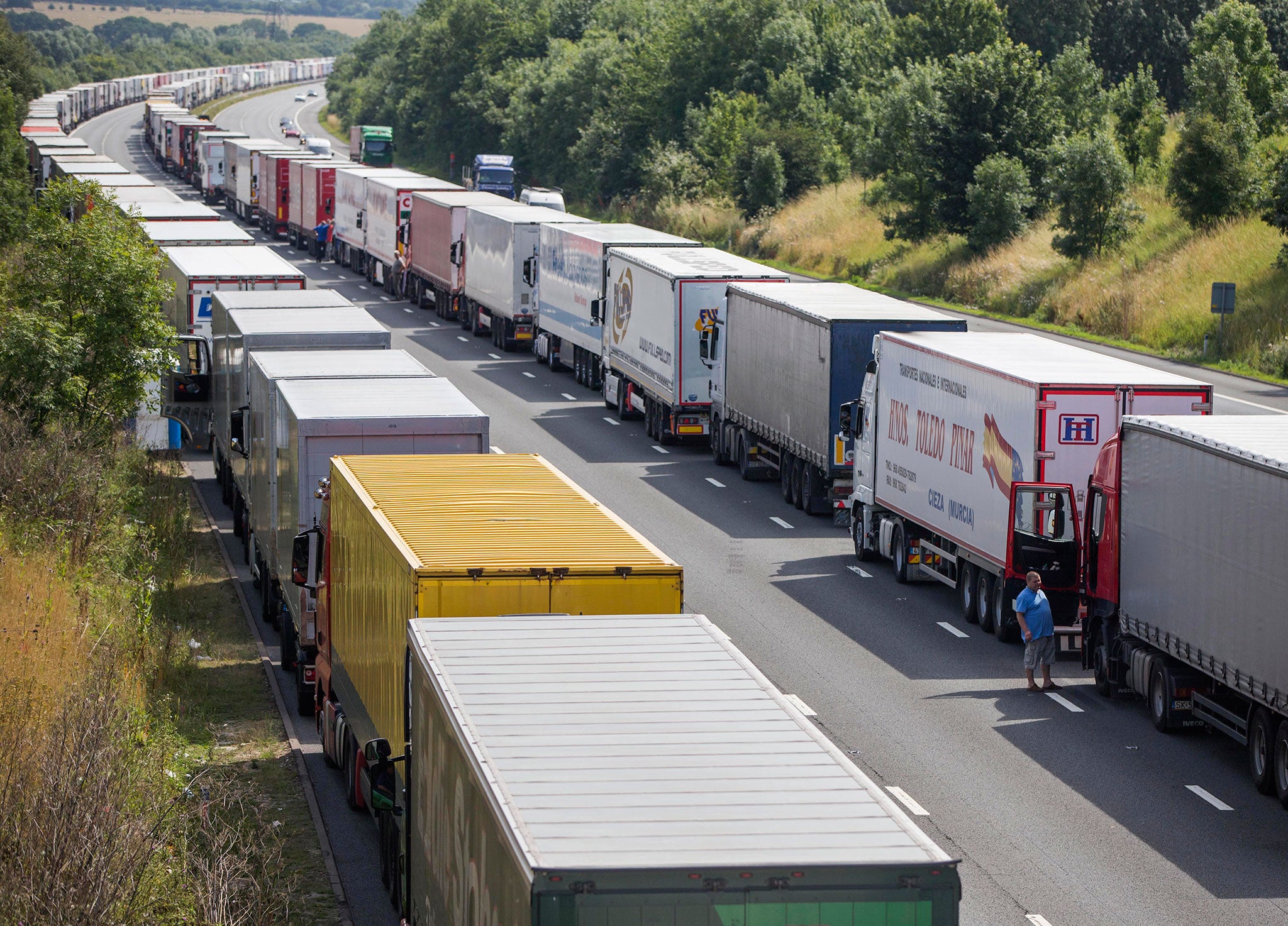UK households will be up to £1,000 a year worse off after Brexit, report finds
Typical weekly grocery shop to go up by £5.50, the price of a family meal for four at a high street restaurant chain will increase by £9, and a pair of trainers to become £6.75 more expensive

UK households face being up to £1,000 per year worse off because of Brexit then they would have been within the EU, new research suggests.
A “no-deal” scenario in which the UK reverts to World Trade Organisation (WTO) tariffs would cost the UK £27bn because of increased barriers to trade and higher labour costs, consultancy firm Oliver Wyman said.
Under WTO most-favoured-nation import tariffs, the price of a typical weekly grocery shop is predicted to go up by £5.50, the price of a family meal for four at a high street restaurant chain by £9, and a pair of trainers by £6.75.
Total costs would rise by £961 per household, on average, the research estimates. Rising costs won’t be borne equally, however. For example, lower income households typically spend 17 per cent of their income, after housing costs, on groceries compared to just 9.4 percent for the highest earners.
Under the WTO scenario, grocery cost are projected to jump 7.8 per cent meaning those on the lowest incomes will see their overall costs increase by 3 per cent more than those earning the most.
The researchers modelled the impact of five commonly discussed Brexit scenarios and found that households face higher costs under all scenarios than they would do if the UK stayed within the EU.
The best scenario - costing £245 a year, per household - would see the UK negotiate bespoke single market and customs deals that mean it is subject to no additional tariffs and only moderate additional red tape.
Higher income households spend more on services, such as entertainment and hospitality, meaning they will be hit harder by scenarios under which labour costs increase most, such as Scenario 3 (moderate red tape and increased labour costs). Under this scenario, overall costs for the highest earners will increase by four percent more than the lowest earners.
“While the outcomes of Brexit remain unclear, our analysis shows that any scenario will increase costs for UK households,” said Duncan Brewer a partner at Oliver Wyman.
“A Brexit deal that results in no new tariffs with the EU is still likely to increase the red tape costs of imports, driving down profits for businesses, and driving up prices for consumers,” Mr Brewer continued.
“Looking across the whole supply chain and taking into account multiple different Brexit outcomes, one thing is clear: Brexit will decrease profits for consumer businesses.
“The only question is by how much, which will depend on what deal is negotiated.
“While businesses will do all they can to absorb rising costs, we expect they will be forced to gradually put up prices for shoppers. If they don't, profits could vanish.”
The report warned that delays to deliveries caused by non-tariff barriers such as additional border paperwork could increase food waste if fresh produce expires before reaching its destination.
Businesses must be quick to take advantage of lower tariffs on certain products imported from outside the EU. For example, Argentinian beef is currently around 49 per cent more expensive than Irish beef for UK companies, partly because of EU tariffs and quotas. Outside the EU, it will be cheaper, according to the report.
Subscribe to Independent Premium to bookmark this article
Want to bookmark your favourite articles and stories to read or reference later? Start your Independent Premium subscription today.

Join our commenting forum
Join thought-provoking conversations, follow other Independent readers and see their replies